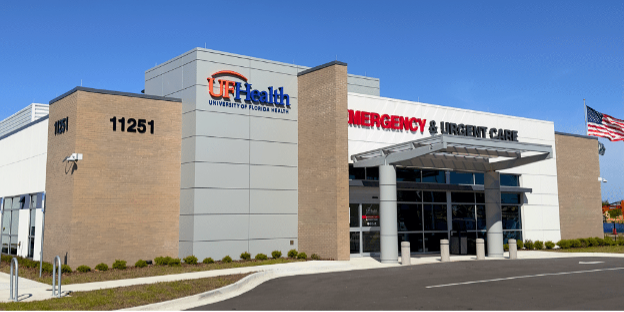Staph Infection: Symptoms and Treatment
- Category: General
- Posted On:

Millions of Americans contract staph infections every year. Most cases are mild and patients recover quickly when treated with antibiotics. But thousands are also seriously affected because Staphylococcus aureus (S. aureus) has spread to their blood and internal organs. In 2017, nearly 20,000 people died after S. aureus invaded their bloodstream.
There are more than 30 types of staph bacteria, of which the most common is S. aureus. This bacterium naturally occurs in the nose of 30% of adults and on the skin of 20% of adults. Staph bacteria typically go unnoticed until they enter the body and cause a life-threatening infection.
Symptoms of Staph Infection
Staph infection treatment depends on the symptoms. In mild cases, signs to look for include the following:
- Blisters
- Cellulitis under the skin
- Fever
- Folliculitis under the hair
- Pus-filled bumps that are warm to the touch
- Red bumps on the skin resembling spider bites or pimples
- Scalded skin syndrome mainly in young children
An uncomplicated staph infection can quickly become serious when the bacteria enters the body and affects the blood, heart, joints and lungs. The symptoms of an severe staph infection include:
- Endocarditis
- Food poisoning
- Pneumonia
- Gastrointestinal infection
- Infection in bones
- Joint infection or septic arthritis
- Mastitis
- Sepsis

Cause of Staph Infection
The most common cause of staph infection is bacteria entering the skin through a wound or the body via contaminated food. When a person picks or scratches at pimples or bumps on their skin, they risk staph bacteria entering their body.
Staph bacteria are easily spread between people, especially when they share personal items such as towels and clothes. When a person with a staph infection improperly handles food, they can spread the bacteria to others.
Some people are more susceptible to staph infections, especially if they:
- Have a chronic illness, including cancer, diabetes, lung disease or vascular disease
- Have a feeding or breathing tube inserted
- Have a recreational drug addiction
- Have a weak immune system
- Have recently had surgery
- Need regular dialysis
Diagnosing Staph Infection
Doctors can diagnose staph infections by examining the skin for open lesions or sores. They may also test blood or urine to check for signs of staph bacteria. In severe cases, a doctor will request an echocardiogram to determine whether the staph bacteria have affected the patient’s heart.
Staph Infection Treatment
Staph infection treatment is usually in the form of antibiotics. The medicine comes in ointment or IV form, depending on the severity of the infection.
If staph bacteria have infected the skin, the wounds or boils may need to be surgically drained. Should the infection be in the bones, surgery may be necessary.
When a staph infection has affected a medical device, such as a pacemaker or artificial joint, it may be necessary to remove it.
Preventing Staph Infections
Because many staph infections are antibiotic-resistant most cannot be treated with penicillin, preventing an infection wherever possible is crucial. Prevention includes:
- Avoiding toxic shock syndrome by changing tampons every four hours
- Cooking food properly and always refrigerating perishable foodstuff
- Letting the nipples dry completely after breastfeeding
- Regular washing of hands and not sharing personal items
Regardless of the cause of staph infections, the outlook for people diagnosed with them is always more favorable when caught and treated early.

Visit a UF Health Emergency & Urgent Care Center for Staph Infection Treatment
At UF Health Emergency & Urgent Care Centers, our primary goal is to provide the residents of Northeast Florida with exceptional service and the proper billing for the care they need. Our combined emergency room and urgent care is fully equipped to handle everything from allergies to fractures to chest pain, with on-site labs, X-ray, ultrasound and CT, all under one roof. The ER and urgent care centers are open 24 hours a day, 7 days a week. No appointment is necessary — just walk in!
Find the UF Health Emergency & Urgent Care Center in Jacksonville nearest you at www.euc.ufhealthjax.org/locations.
